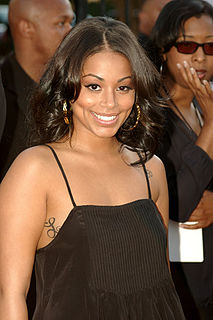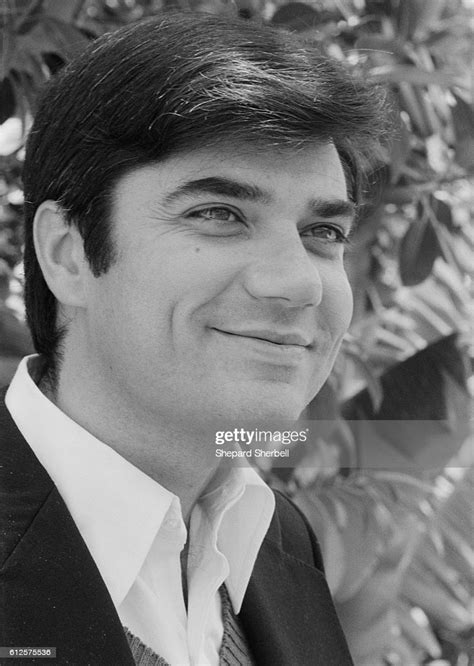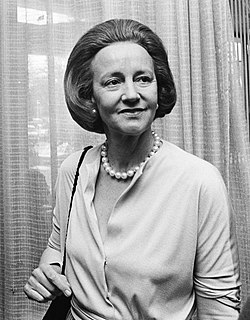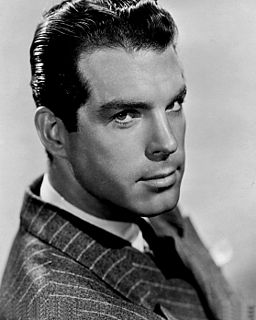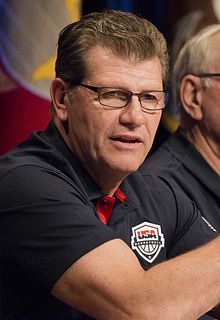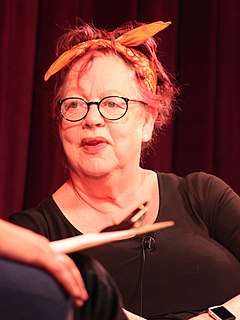A Quote by Ted Olson
Well, she managed to - Barbara was capable of doing practically anything if she set her mind to it. In retrospect, I'm not surprised that Barbara managed to get collect calls through.
Related Quotes
Day and night she had drudged and struggled and thrown her soul into her work, and there was not much of her left over for anything else. Being human, she suffered from this lack and did what she could to make up for it. If she passed the evening bent over a table in the library and later declared that she had spent that time playing cards, it was as though she had managed to do both those things. Through the lies, she lived vicariously. The lies doubled the little of her existence that was left over from work and augmented the little rag end of her personal life.
In a musically imperfect world, there is still perfection in the voice of Barbara Cook. For anyone eulogizing the historic scores of a long-lost era of Broadway greatness, not to worry. Somebody is still singing them with purity and passion. She is Barbara Cook, and she sings them for the angels to applaud.
I was lucky enough to make four pictures with Barbara. In the first I turned her in, in the second I killed her, in the third I left her for another woman, and in the fourth I pushed her over a waterfall. The one thing all these pictures had in common was that I fell in love with Barbara Stanwyck - and I did, too.
Just like Marilyn Monroe is a lot of girls' idol, that's how I feel about Dorothy Dandridge. And she any Marilyn were very close friends. She went through a lot, and people told her that she couldn't do certain things, but she didn't let that bother her. She said in her mind that she was going to do them and that nothing was impossible, and she did it. It was so sad... She died from drugs, and drinking as well.
The postmodern reply to the modern consists of recognizing that the past, since it cannot really be destroyed, because its destruction leads to silence, must be revisited: but with irony, not innocently. I think of the postmodern attitude as that of a man who loves a very cultivated woman and knows he cannot say to her, I love you madly, because he knows that she knows (and that she knows that he knows) that these words have already been written by Barbara Cartland. Still, there is a solution. He can say, As Barbara Cartland would put it, I love you madly.
Occasionally, on screen, Barbara [Stanwyck] had a wary, watchful quality about her that I've noticed in other people who had bad childhoods; they tend to keep an eye on life because they don't think it can be trusted. After her mother was killed by a streetcar, she had been raised in Brooklyn by her sisters, and from things she said, I believe she had been abused as a child. She had lived an entirely different life than mine, that's for sure, which is one reason I found her so fascinating. I think her early life was one reason she had such authenticity as an actress, and as a person.



